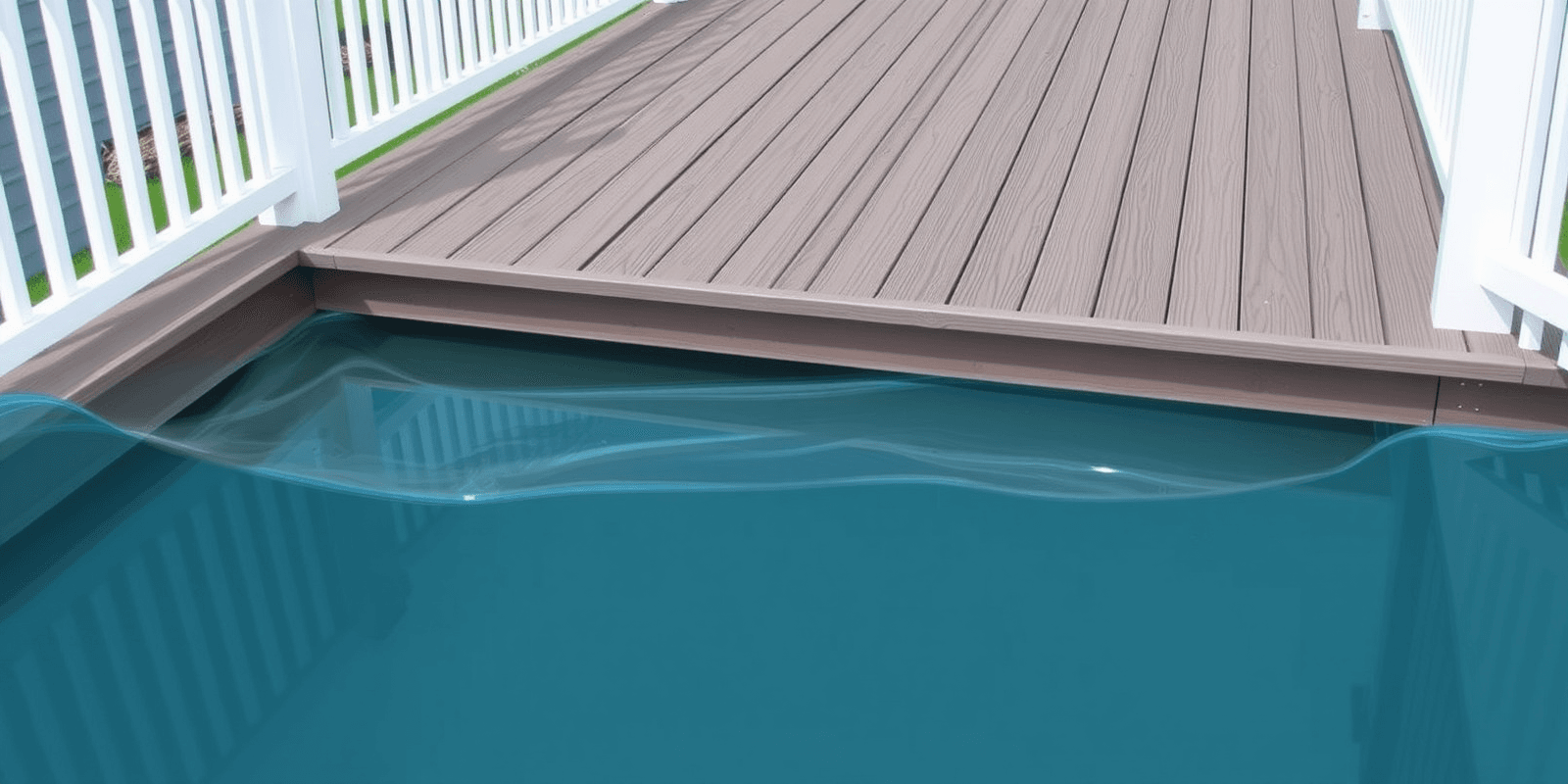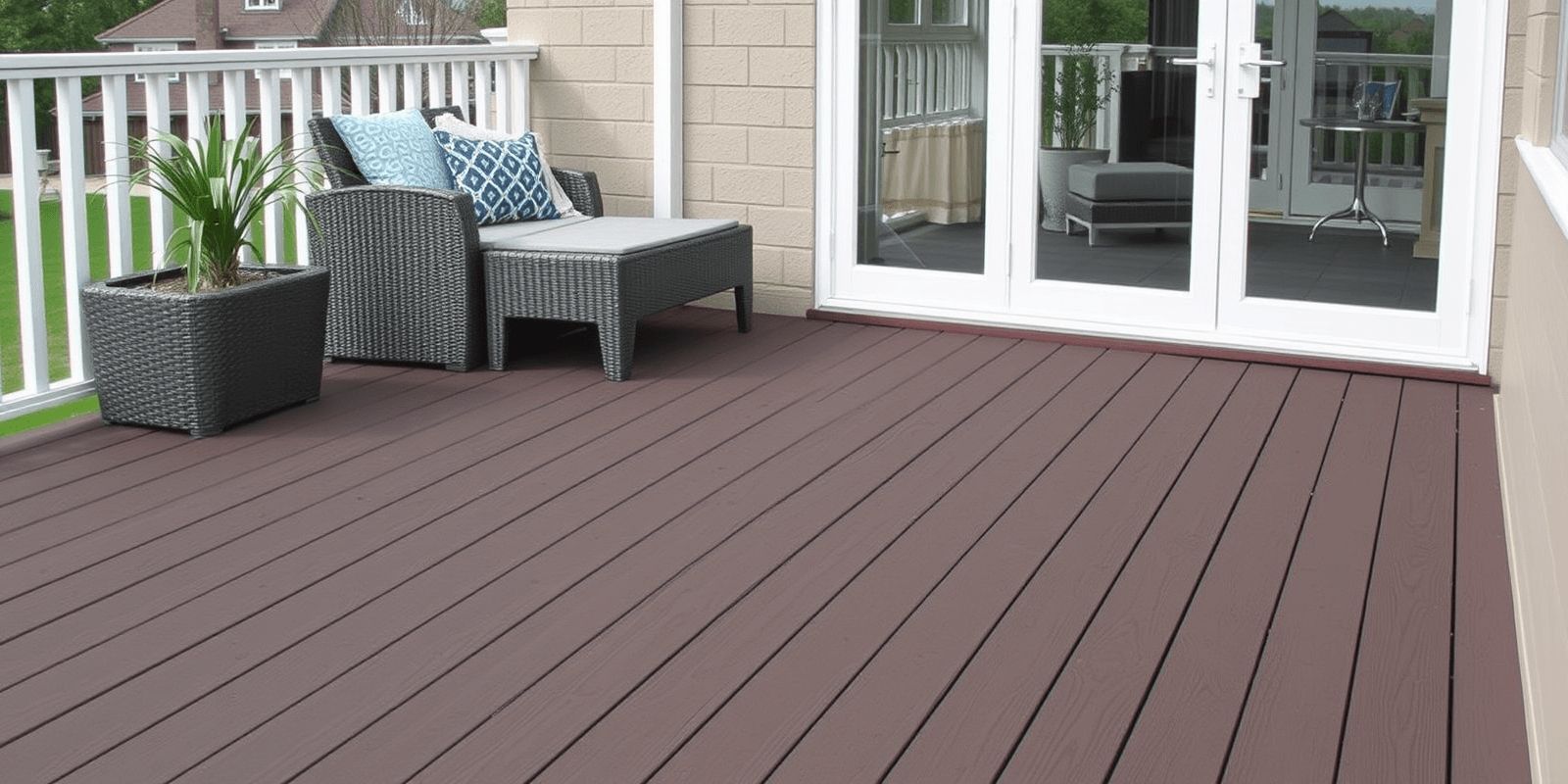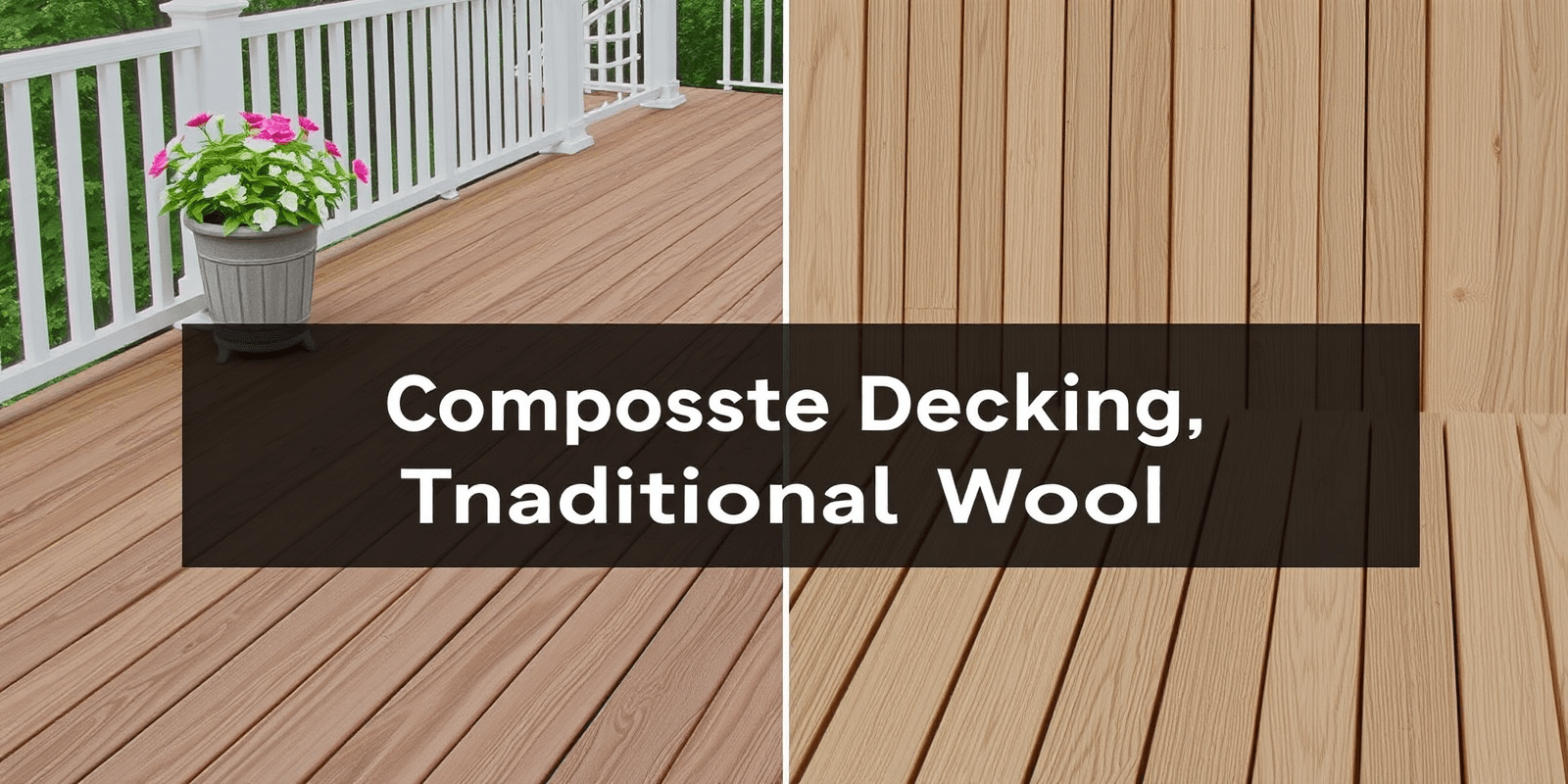“`html
The Science Behind Composite Decking: Will It Float or Sink?
Introduction
In the realm of outdoor living spaces, composite decking has become increasingly popular as a durable and low-maintenance alternative to traditional wood decking. However, one common question that arises is whether composite decking will float or sink. Understanding the science behind this can provide valuable insights into the material’s properties and behavior.
Wood vs. Composite Decking: A Comparative Analysis
When comparing wood and composite decking materials, it’s essential to consider their physical properties, particularly density and structural integrity. Wood, being a natural material, has varying densities depending on the species, while composite decking is typically made from a combination of recycled plastic and wood fibers, creating a consistent density across different products.
Density and Buoyancy
The principle of buoyancy, as described by Archimedes’ Principle, states that an object will float if its density is less than that of the fluid it is submerged in. Water has a density of approximately 1 g/cm³. Traditional wood, with its varying densities, can sometimes be less dense than water, allowing some types to float. However, composite decking generally has a higher density due to its manufacturing process, making it more likely to sink.
Structural Integrity and Composition
Composite decking’s structural integrity also plays a crucial role in determining its buoyancy. The combination of plastic and wood fibers creates a robust material that is less susceptible to warping, rotting, and insect damage compared to wood. This enhanced durability comes at the cost of increased density, which is a key factor in why composite decking sinks rather than floats.
Will Composite Decking Float?
Given the higher density and structural integrity of composite decking, it is unlikely to float under normal conditions. While there may be rare instances where a specific type of composite decking could float, it is not a characteristic feature of this material. Instead, composite decking’s primary advantages lie in its resistance to environmental factors and its ability to maintain its appearance over time.
Conclusion
Understanding the scientific principles behind composite decking provides a clearer picture of why it behaves differently from wood. The higher density and enhanced structural integrity of composite materials make them sink rather than float, but these properties also contribute to their longevity and low maintenance requirements. Whether you’re building a deck or simply curious about the science, knowing how materials interact with water can help inform your decisions and expectations.
“`
This HTML structure provides a complete blog post discussing the buoyancy of composite decking compared to wood, incorporating SEO-friendly keywords and providing scientific insights into the material properties involved.



